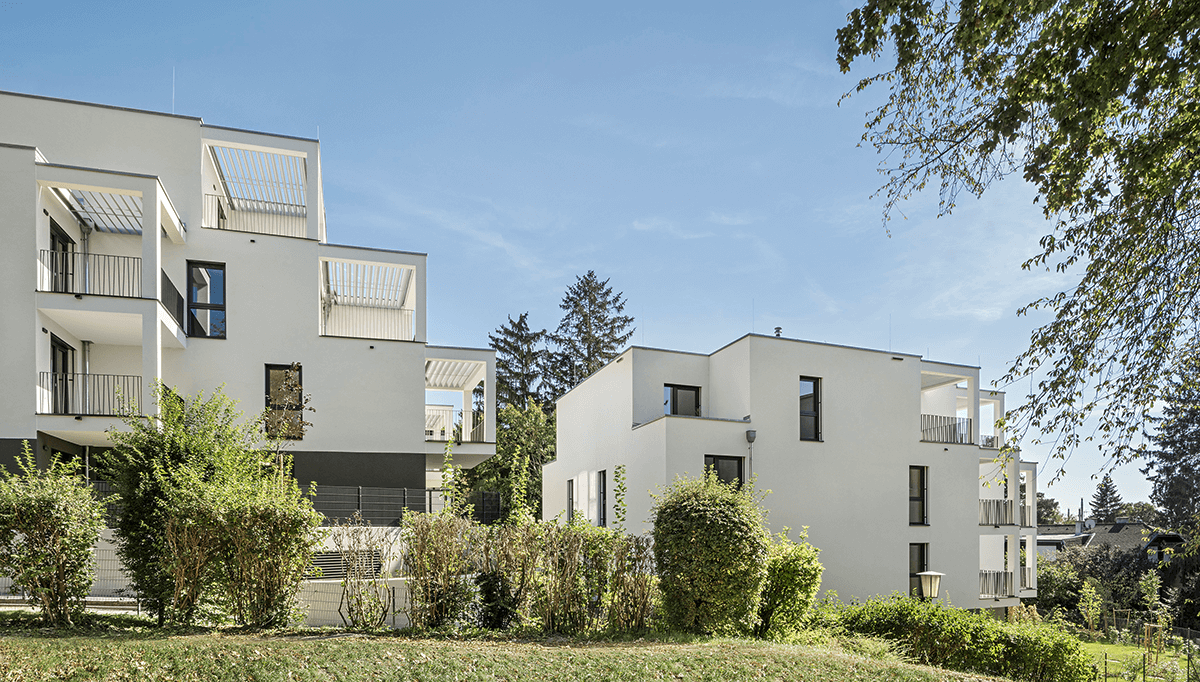
31. August 2024
Premium Investor ApartmentsPremium rental apartments are currently in high demand.
Read PostTell us what you're looking for, and we'll find your dream property from over 2,000 off-market listings.
How would you like to contact us?
Thank you for your request! We will get back to you shortly. We look forward to assisting you in finding your ideal property. In the meantime, explore more attractive properties from our portfolio. Get inspired and find your favorites.
Thank you for your request! We will get back to you shortly. We look forward to assisting you in finding your ideal property. In the meantime, explore more attractive properties from our portfolio. Get inspired and find your favorites.